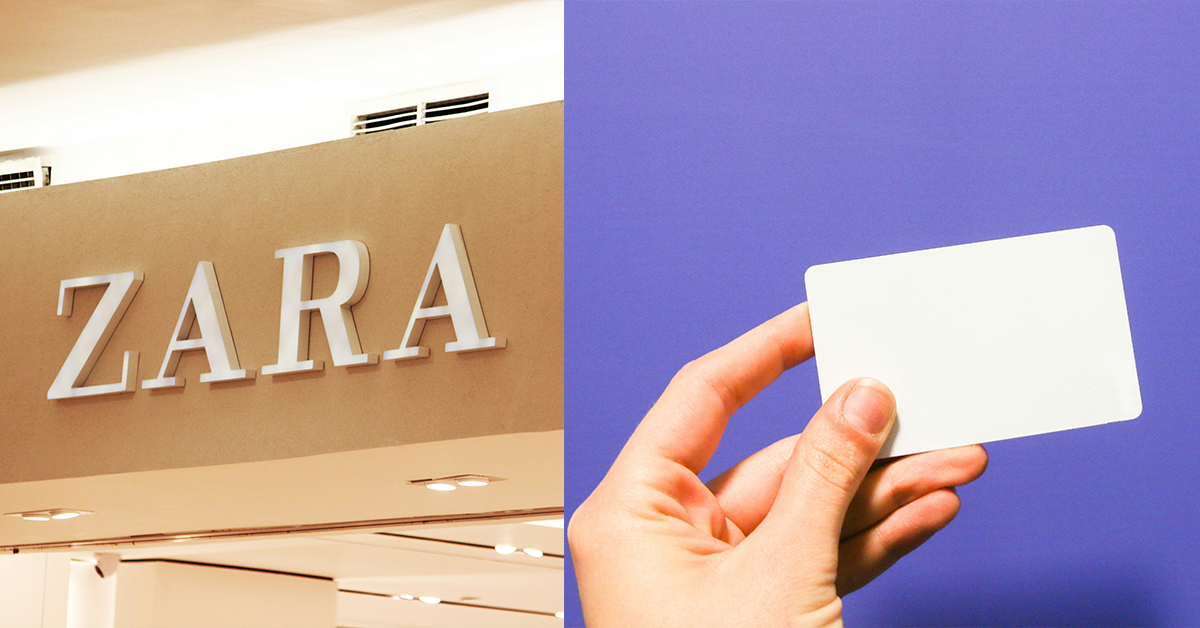
25 Jan A turning point in the Inditex vs. Buongiorno case?
Limitation on the referential use of a third party’s trademark
The Court of Justice of the European Union (CJEU) has just answered the question referred for a preliminary ruling by the Spanish Supreme Court in the context of infringement proceedings concerning the trademark ZARA, which have been pending before the Spanish courts for more than 10 years. In fact, the process started so many years ago that the provision invoked as a defence has undergone [significant] changes after having been reworded in Directive 2015/2436. Perhaps, it is this change of the precept that will tip the balance in favour of Inditex, who, until now, had lost in every instance.
A bit of context
In 2010, the online and mobile subscription company Buongiorno MyAlert launched an advertising campaign in which, for contracting one of their services, they raffled €1 000 in cash. However, they immediately after stated “I would like to win it like this: €1,000 ZARA gift card”. This promotion was advertised in banners on websites and social media, reproducing the ZARA brand both in its word version and in the representation of a “gift card”.
Inditex filed a lawsuit before the Commercial Court of Madrid for infringement of its famous trademark. However, neither the Commercial Court nor the Provincial Court of Madrid accepted the plaintiff’s claims, considering that the limitation of article 6(1)(c) of Directive 2008/95 transposed to Spanish law in article 37(1)(.c) of the Trademark Act (TA) -legal framework which applies here for temporary reasons- came into play.
The prejudicial question – limitation of the use of references
The Spanish Supreme Court initially considered that the same exception was applicable, but, after ruling, it annulled its own judgement and referred a prejudicial question to the CJEU for a preliminary ruling, which has just been issued.
The CJEU reformulated the question as follows:
Is Article 6(1)(c) of Directive 2008/95 to be interpreted as meaning any use of the trademark in the course of trade by a third party, in accordance with honest practices in industrial or commercial matters, for the purpose of designating goods or services as those of the proprietor of that trademark or of referring to them, or only use of the trademark which is necessary to indicate the intended purpose of a product put on the market or a service offered by that third party?
According to the CJEU, the scope of Article 6(1)(c) of Directive 2008/95 is narrower than its equivalent in Directive 2015/2436, i.e. Article 14(1)(c). Taking into account the relevant case-law, the context and the Commission’s intention in drafting the two Directives, the Court concluded that the scope of Article 6(1)(c) covers only the use of the trademark for the purpose of designating or referring to goods or services of the proprietor of that trademark only where such reference is necessary to indicate the intended purpose of a product or service of that third party.
This interpretation could be favourable to the interests of Inditex, who have consistently argued that the limitation invoked by the defendant did not apply. Inditex argued that the use was neither necessary nor in accordance with honest practices in industrial and commercial matters for several reasons: the trademark ZARA was not used to identify the prize (which was not a gift card but an amount in cash), but to serve as a marketing hook. In fact, ZARA gift cards for that amount do not even exist. Therefore, there was no functional and/or necessary link between the ZARA trademark and the Buongiorno prize.
However, the last word will be for the Spanish Supreme Court, which, if it confirms that the case has an appealable interest, that there is an infringement and that the limitation of Article 37(1)(c) is not applicable in the terms described by the CJEU, could turn the case around.
As we said, the passage of time seems to have played in Inditex’s favour, as the extension of the reference limitation of Directive 2015/2436 reflects the will and need of the legislator to extend a legal concept that was more restrictive. It is likely that this could not have been assessed without this perspective given by the years and the new legislation.
Do you want to use the trademark of a third party, but you don’t know if such use is protected by law? Is a third party using your trademark without your authorization? At Curell Suñol we will be happy to study your case and advise you. Do not hesitate to contact us!
Author: Sílvia Oliver Codina, Lawyer at Curell Suñol
You can find the CJEU preliminary ruling at the following link.
Photos by: Claire Abdo & Highlight ID on Unsplash.com



